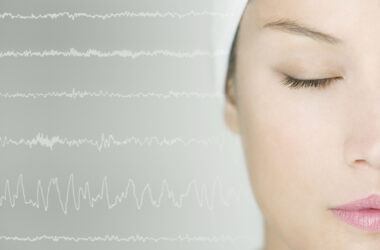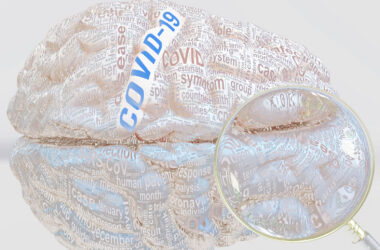A coma can be defined as a state of profound unconsciousness in which the patient is incapable of conscious behavior.
During a state of coma, the brain shows very little activity and the patient is typically in a precarious state between life and death.
Comas are often a result of traumatic brain injuries such as bruising or bleeding in the brain, swelling and congestion of damaged tissue, or infectious organisms.
There are various forms of coma including coma, vegetative state or minimally conscious state.
After a traumatic brain injury, a patient may be unconscious with their eyes closed continuously, not responsive to visual stimulation or sounds, and is unable to communicate or show emotional responses.
They often may need assistance with involuntary behaviors such as breathing, eating, drinking or other bodily functions.
A vegetative state or a state of unresponsive wakefulness syndrome is when a patient can often complete their involuntary functions on their own such as breathing, sleeping and may even show reactions to reflexes.
For example, a patient in the vegetative state may become startled by noises and react to visual stimulation, and make involuntary movements.
The final stage is a minimally conscious state where the patient becomes partially conscious. In this state, the patient in the minimally conscious state may know where sounds and visual stimulation are coming from, and recognize objects.
They can often reach for objects upon request and even respond to simple commands, utter words, or show emotion. Unfortunately, these responses are often inconsistent.
If a patient leaves its state of coma, vegetative state or the minimally conscious state, a patient may enter a period of confusion or disorientation.
Patient can suffer from post-traumatic amnesia. After waking up, a patient may experience symptoms including inconsistent behavior, difficulty paying attention, memory loss, agitation, emotional distress, sleep patterns and overreact to stimulation.
One of the most common symptoms is an inconsistency behavior. Comas are horribly traumatic on the brain and body.
The staff at Kuether Brain and Spine are experts in treating traumatic brain injuries.










